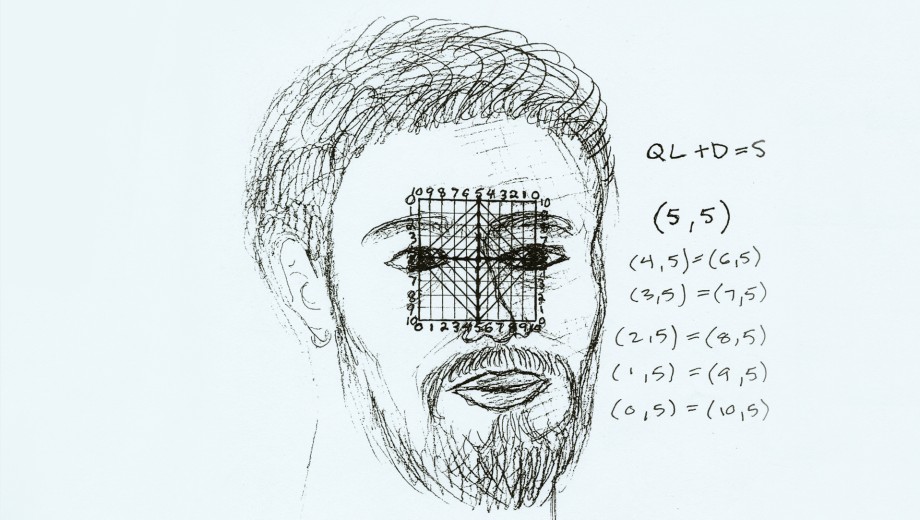Tableau presents a selection from Mental Traveler: A Father, a Son, and a Journey through Schizophrenia (University of Chicago Press, 2020) by W. J. T. Mitchell, the Gaylord Donnelley Distinguished Service Professor in English Language and Literature and Art History.
There are two kinds of books: the ones you want to write, and the ones you have to write. I have written quite a few of the first kind, but this is not one of them. It is a memoir of the life and death of my son, Gabriel Mitchell, who struggled with schizophrenia for twenty years until his suicide at age thirty-eight. It is not a book I wanted to write, or ever expected that I would write, until the fatal day of June 24, 2012.
In many ways, Gabe was a typical case of schizophrenia. First onset of symptoms—depression, anger, delusions, hallucinations—around age nineteen. Dropping out of college and into the mental health system, hospitalization, medications, therapies, halfway houses. A decade spent battling addiction to alcohol and drugs, and enduring the stigma that comes with a diagnosis of schizophrenia. Part-time employment as a grocery clerk. An early death at thirty-eight, probably triggered by overwork and the stress of passing for “healthy” and “normal.” End of story.
But as anyone who has lived with mental illness knows, typical cases are also deeply singular and individual. Everyone goes crazy in their own way, and every family has its own way of dealing with their disturbed son or daughter, brother or sister, father or mother. Every derangement is a response to an arrangement, a de-arrangement of social and institutional circumstances. Although mental illness often results in isolation from family and society, it never happens alone. Some families are shattered; some become stronger. Some victims surrender and disappear into their symptoms, living out their days in quiet suffering. Others fight back with every means at their disposal. This is the story of someone who fought back and attempted to see his own madness with complete lucidity, and to see through it to something beyond. It is also the story of a family that helped him survive schizophrenia for twenty years and is now determined that his life will endure beyond his suicide. As Gabe once put it, “People are always changing. Even beyond the grave, they are changing.”
I have tried to see through Gabe’s madness, to see beyond the medical labels and stereotypes and apprehend the concrete individual who himself attempted to look back at madness from the inside with art and work and skill. Of course, I think my son was very special, and I know that I share this view with every parent who has lost a child. But specialness is both typical and specific, ordinary and singular. My aim here is to specify and commemorate the unrepeatable life of my son, to tell the story of his struggle and to make you see him clearly right up to the moment of his departure and beyond. If this story helps others who are blessed with a beloved “mental traveler,” so much the better.
Reprinted with permission from Mental Traveler: A Father, a Son, and a Journey through Schizophrenia by W. J. T. Mitchell, published by the University of Chicago Press. © 2020 by the University of Chicago. All rights reserved.

